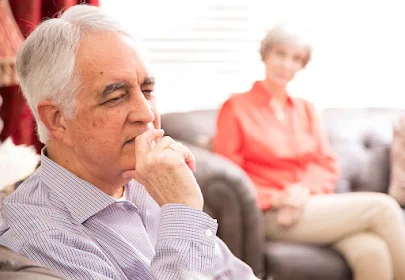How to Survive a Heart Attack When You Are Alone
Even though a heart attack can be deadly, tens of thousands of Americans survive heart attacks every year.
Acting quickly when you suspect a heart attack is coming on can greatly improve your chances of survival.
RELATED: 6 Early Signs Of Heart Attack
What should you do if you think you’re having a heart attack?
Most of the time, heart attacks start slowly with just mild discomfort and pain, giving warning signs before they strike. If you experience any of the following symptoms, call 911 or ask someone to call 911 immediately.
These could be signs of a heart attack:
- Discomfort in the chest, especially the center, that lasts more than a few minutes or comes and goes. The discomfort may feel like heaviness, fullness, squeezing, or pain.
- Discomfort in the upper body parts such as the arms, back, neck, jaw, or stomach. This may feel like pain or general discomfort.
- Shortness of breath. This may come with or without chest discomfort.
- Unusual sensations such as a cold sweat, nausea, vomiting, lightheadedness, or dizziness. Women are more likely than men to experience these kinds of symptoms.
Heart attacks do not come with an announcement, and many people have to struggle with them without any help. If you suddenly feel that your heart beats “wrong” and that you are about to faint, you have just about 10 seconds before you lose consciousness. (Dangerous Side Effects Of Energy Drinks: Intake of energy drinks increase your heart attack risk within 90 minutes of consumption)
- What people do not know is that they can actually help themselves. To do so, the most important thing is not to panic and not to lose consciousness – start coughing, as much as you can.
- Every time you cough take a deep breath. Cough deeply and long enough, as if you were trying to cough out something from your lungs.
- Breathe and cough every 2 seconds, without any breaks, until the doctors come, or until your heart starts beating normally.
- Deep breaths allow the oxygen enters your lungs, and coughing is a sort of compression. (One Month Before Stroke Your Body Will Send You These Warning Signs)
This helps your heart and blood flow function normally. This kind of pressure helps your heart balance its rhythm. It is the perfect way to avoid any further damage, at least until the doctor comes. Share this with as many people as you can.
This may save someone’s life.
Cardiologists guarantee that if only one person shares this information with 10 people, at least one life can be saved.
You can also read from PHRYDE NEWS










